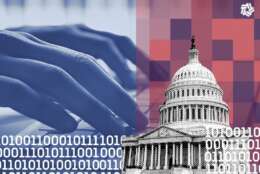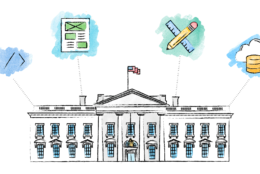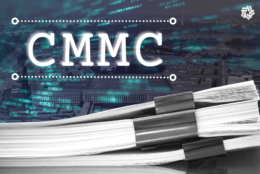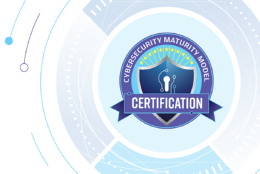Commentary
-
This week, the Department of Defense launched the Defense Civilian Training Corps, a scholarship for service program designed to modernize the civilian acquisition workforce in partnership with higher education.
June 09, 2023 -
The National Cybersecurity Strategy outlines excellent high-level concepts that aim to modernize the federal government's cybersecurity approach, recognizing the need for collaboration from both the public and private sectors. However, there are still uncertainties about how quickly and effectively these ideas can be implemented.
June 08, 2023 -
There will be plenty of other factors to consider when selling your firm — including the state of the market, the economic climate and the overall health of your business. But if you’re a few years away from retirement, clear on your firm’s financial future, and confident in your team, it could be a good time to look for buyers.
June 07, 2023 -
As AI enters the mainstream across sectors in our society, it presents numerous opportunities to enhance healthcare outcomes, particularly for our veteran community.
June 06, 2023 -
The $200 million in American Rescue Plan funds made the U.S. Digital Service less accountable and more dysfunctional; Congress should take back the money, overhaul the office and set it up for long term success.
June 02, 2023 -
Poor CX can have a negative impact on the government as well. Especially if citizens need to make repeated inquiries or complaints to resolve issues, leading to additional staff time and resources being required.
June 01, 2023 -
It’s time to demand more of the technology government uses every day.
May 31, 2023 -
Possessing the ability to move data from anywhere to anywhere with a single platform to feed analytic processes enables government organizations to achieve missions faster and more strategically than before.
May 29, 2023 -
Many households have felt the weight of persistent high inflation and rising interest rates, as well as the easing of pandemic-related government assistance programs. In turn, people are more pessimistic about their financial situations and how they may evolve. In a recent Gallup poll, 50% of respondents said they were “worse off” financially compared to a year ago — the highest level reported since 2009.
May 26, 2023 -
As a government agency, responsible governance is key to unlocking the benefits of AI while mitigating its risks. We must establish clear and comprehensive regulations and standards that ensure AI is used ethically and safely. At the same time, we must be vigilant about the potential for bias and misuse of AI and work to prevent these issues.
May 25, 2023 -
Cyber espionage of sensitive data has occurred over the past 20 years with increasing frequency. Threat actors, particularly those that are state-sponsored, launch persistent cyberattacks that target sensitive national security data.
May 23, 2023 -
Artificial intelligence has evolved from a basic tool to one of the most powerful resources available since the first chatbot ELIZA was deployed over five decades ago.
May 23, 2023 -
The current cybersecurity compliance landscape may seem daunting to the average government contractor, particularly if you are in a start-up phase or of small or mid-sized stature. But by finding yourself here, you’re already taking the first step. By breaking your compliance efforts into smaller digestible chunks and by not reinventing the wheel, you are better positioning your organization for success come late 2024
May 22, 2023 -
In leading GSA’s Federal Acquisition Service (FAS), Commissioner Sonny Hashmi has established “North Star Goals” for the organization in its efforts to support customer agency missions on behalf of the American people. North Star Goals are generally long-term, stretch goals.
May 19, 2023 -
John Zangardi, the CEO of Redhorse Corp. and former CIO at DHS and the Navy, explains why knowing what’s on your network is foundational to achieving a zero trust architecture.
May 17, 2023















